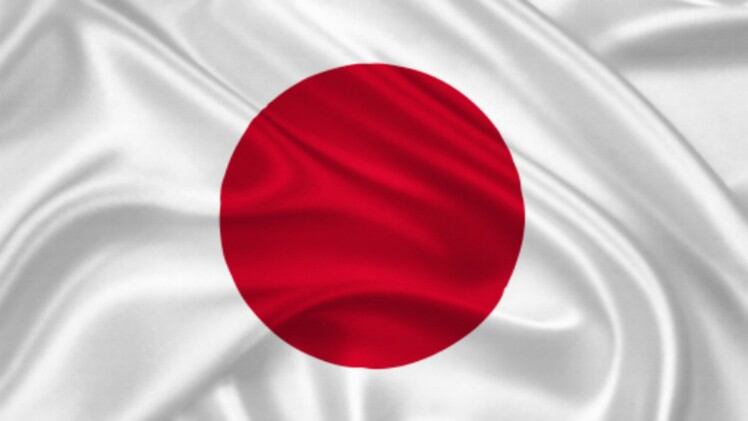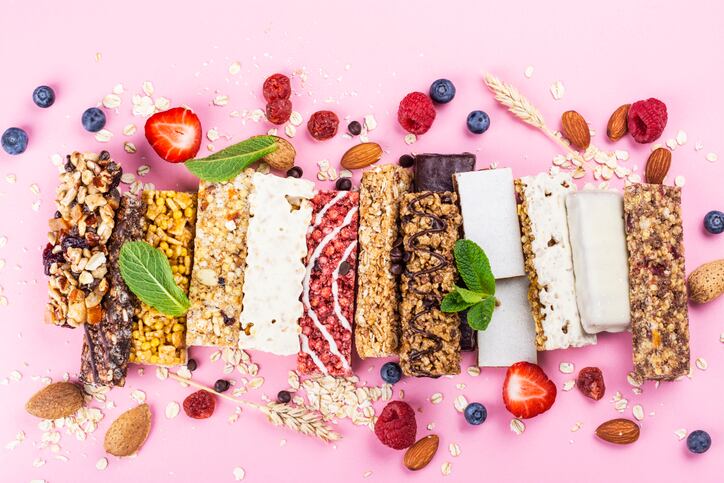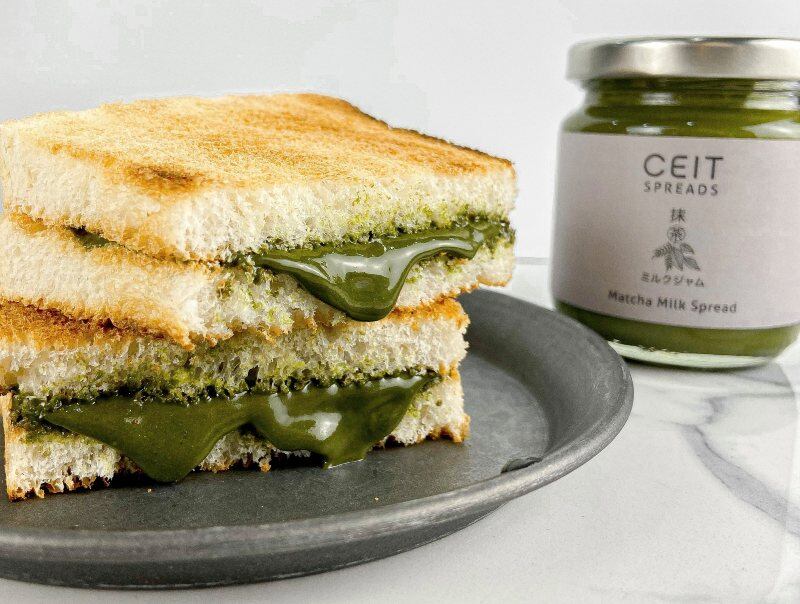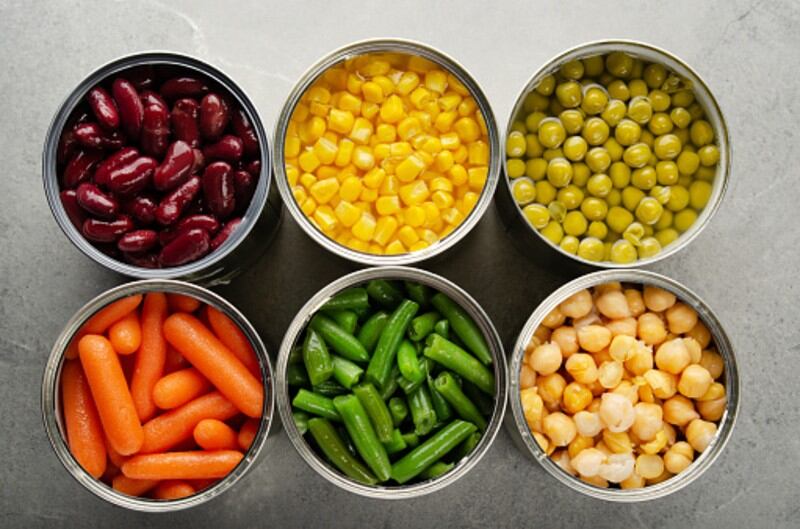The Japanese government has stepped up efforts to inspect and monitor food products imported from overseas sources in the 2021 version of its ‘Imported Food Monitoring Guidance Plan’, which was recently announced by the local Ministry of Health, Labour and Welfare (MHLW).
Special focus has been placed on processed foods from all origins – animal, aquatic and agricultural – this year, with over 50,550 or over half of 100,000 planned tightened inspections this year dedicated to these categories.
“This strategy aims to promote the implementation of more focused, efficient and effective of imported foods monitoring and inspections in order to increase the safety of any foods looking to enter Japan, [thus] enhancing the safety of Japan’s food supply,” Japan’s MHLW said in a formal statement.
“As such, rigorous imported food inspections under this year’s monitoring plan have been increased to 100,000 inspections – of these, [processed foods will receive the most attention] where 20,950 inspections will be of agricultural origin, 18,800 of aquatic origin and 10,800 of animal origin.
“[This is necessary as Japan still imports the majority of our food] – According to data from the Ministry of Agriculture, Forestry and Fisheries (MAFF), Japan's food self-sufficiency rate (total food self-sufficiency rate based on the amount of energy supplied) stands at about 40%.
“This means that about 60% of our food supply is dependent on foreign countries, [hence it is] crucial to ensure the safety of the imported foods.”
Food firms manufacturing and processed food products to Japan have also been advised to take special care to test their food products pre-entry, especially as the food supply chain in Japan is expected to become more complicated’ and there will be lower tolerance for violations moving forward.
“The number of imported foods to is expected to increase further moving forward, due to the progress of global economic partnership agreements,” said MHLW.
“[With this], the food supply and imports chain is expected to become more complicated due to globalisation and expansion, and thus [we have taken stricter measures in dealing with food safety violators.
“Proper food safety measures are expected to be taken for all food imports at each stage [of the production], from the manufacturing stage in the exporting country to the domestic distribution [in Japan] after import.
“Any violations of these measures will be first met with strict warnings by the ministry, and the quarantine station will [direct the] importer on whether the items should be targeted for disposal, reshipment, or diversion to non-edible use. Repeated violations could result in a prohibition of the importer’s business entirely in Japan.
Specific concerns
With regard to specific contamination concerns, MHLW highlighted bacterial contaminants, pesticides and antibiotics as amongst the top areas of focus.
“For animal-based processed foods and aquatic-based processed foods, pathogenic microorganisms are naturally the top concerns as [failure to detect these could lead to food poisoning outbreaks]. [As such], we will focus on items that are expected to cause health hazards such as food poisoning particularly aflatoxins and/or pathogenic microorganisms found in Japan or overseas,” said MHLW.
“For processed foods made of agricultural plants, pesticides are the top concern and will make up a third of all inspections. All processed foods will also be checked carefully for any excessive preservatives, colouring agents, sweeteners, antioxidants and so on.”
Mold toxins, genetic modification and irradiation were also listed as high-priority testing concerns for imported processed foods upon entering Japan.





